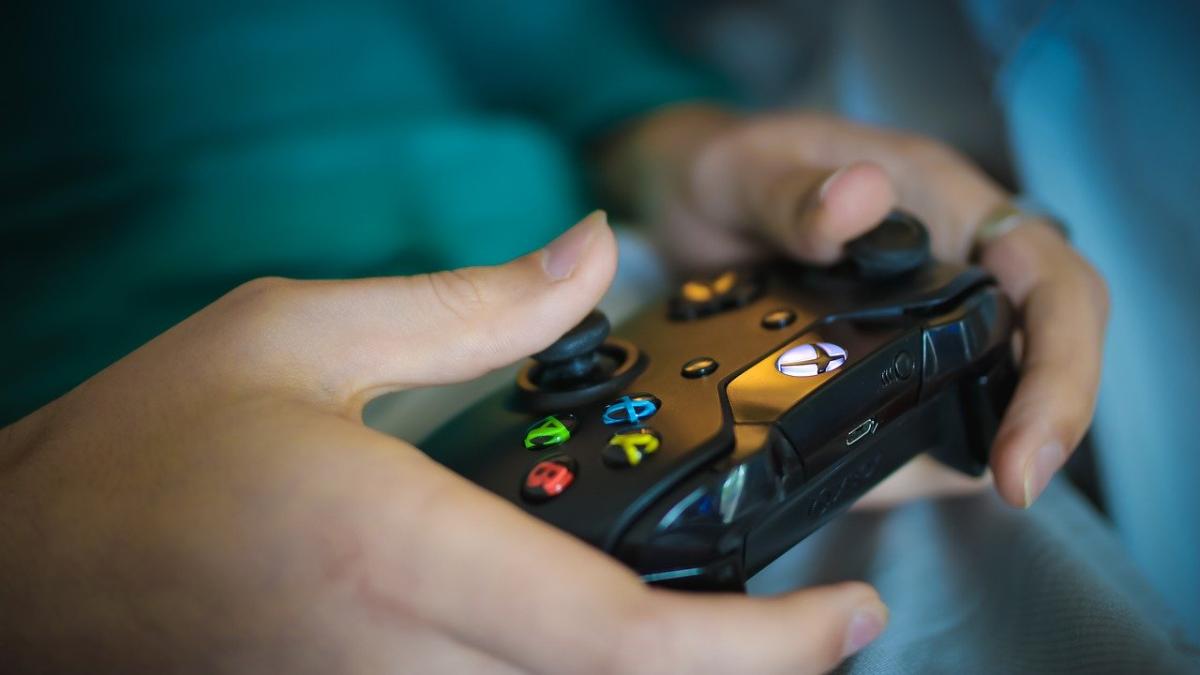In the realm of therapy and healing, an unconventional hero has emerged—video games. What was once merely entertainment has now evolved into a powerful tool for fostering mental health and well-being. The therapeutic potential of gaming has gained traction in recent years, drawing attention from psychologists, researchers, and gamers alike https://gohelpfund.com/. It’s a phenomenon that speaks volumes about the multifaceted nature of gaming and its capacity to heal.
Beyond Entertainment: Gaming as Therapy
Gaming has transcended its traditional role as a form of escapism. While it still serves as an avenue for entertainment, its therapeutic benefits have increasingly come to the fore. The immersive nature of games allows individuals to step into different worlds, adopt new identities, and navigate complex challenges, creating an environment ripe for therapeutic interventions.
Mental Health and Gaming: A Surprising Alliance
Surprisingly, gaming intersects with various facets of mental health. From anxiety and depression to stress and cognitive decline, games have shown promise in alleviating symptoms and improving overall mental well-being. Games designed specifically for therapeutic purposes, known as “serious games,” address specific mental health issues through gameplay mechanics and narratives tailored to engage and support players.
Building Resilience and Coping Mechanisms
One of the most intriguing aspects of gaming’s therapeutic potential lies in its ability to build resilience. Games often present players with obstacles and puzzles, encouraging problem-solving and fostering resilience in the face of adversity. This process mirrors real-life challenges and equips players with valuable coping mechanisms they can apply beyond the gaming world.
Creating Connections: Gaming and Social Support
Contrary to the stereotype of solitary gameplay, many games offer vibrant online communities where individuals forge connections and find support. For those struggling with social anxiety or isolation, these virtual spaces serve as avenues for social interaction and belonging, fostering a sense of community that can positively impact mental well-being.
Mindfulness and Flow States in Gaming
The concept of mindfulness, often associated with meditation and self-awareness, finds an unexpected ally in gaming. Engrossing gameplay experiences can induce a state of “flow,” where individuals are fully immersed and deeply focused on the present moment. This state of flow mirrors the principles of mindfulness, offering a respite from worries and promoting mental clarity.
Ethical Considerations and Limitations
Despite its potential, the therapeutic use of gaming raises ethical considerations. The industry must navigate concerns surrounding addiction, screen time, and ensuring that games designed for therapeutic purposes are backed by empirical evidence and professional guidance.
Looking Ahead: The Future of Gaming in Therapy
As technology continues to advance, the integration of gaming into therapeutic practices is poised to expand. From virtual reality (VR) simulations for exposure therapy to gamified cognitive behavioral interventions, the future holds immense possibilities for harnessing gaming’s therapeutic power.
Gaming’s transformation from mere entertainment to a therapeutic tool reflects its adaptability and potential for positive impact. As research delves deeper into the nuances of gaming and mental health, the integration of gaming into therapeutic practices will likely become more commonplace, offering hope and healing through the power of play. Ultimately, it’s not just about reaching the next level or completing a quest; it’s about unlocking the healing potential inherent in the act of play itself.
